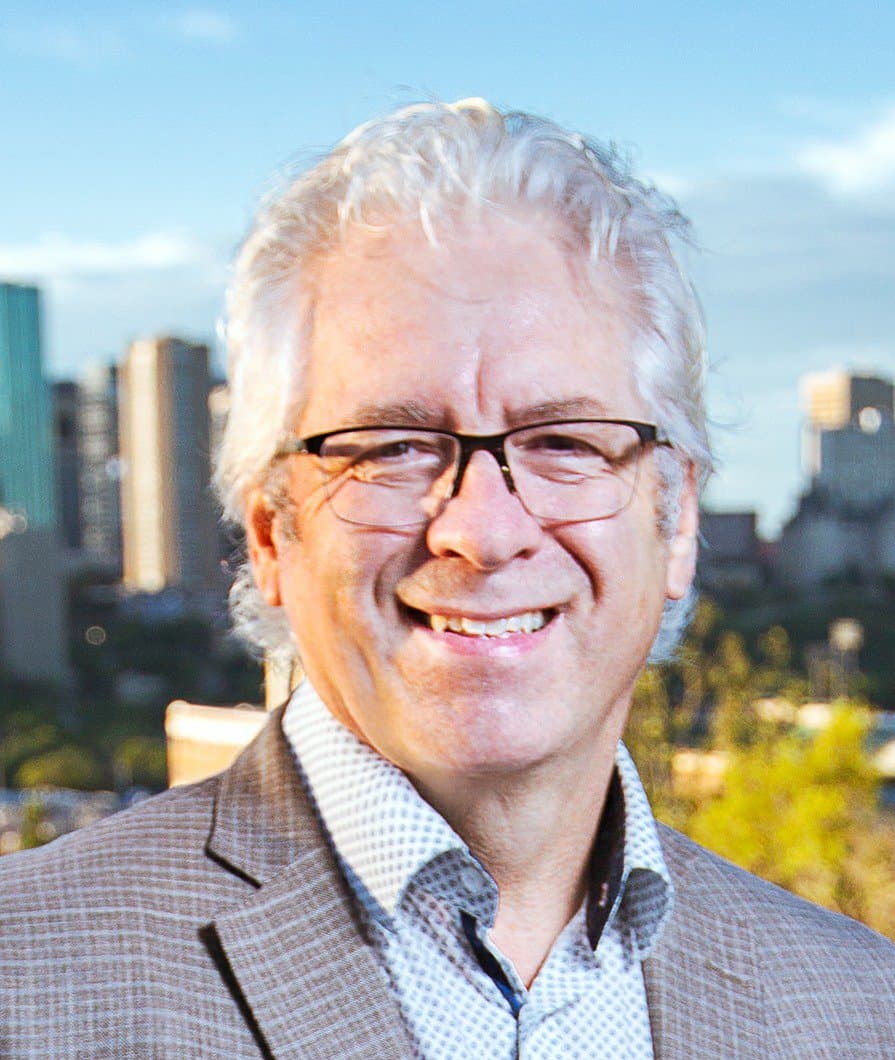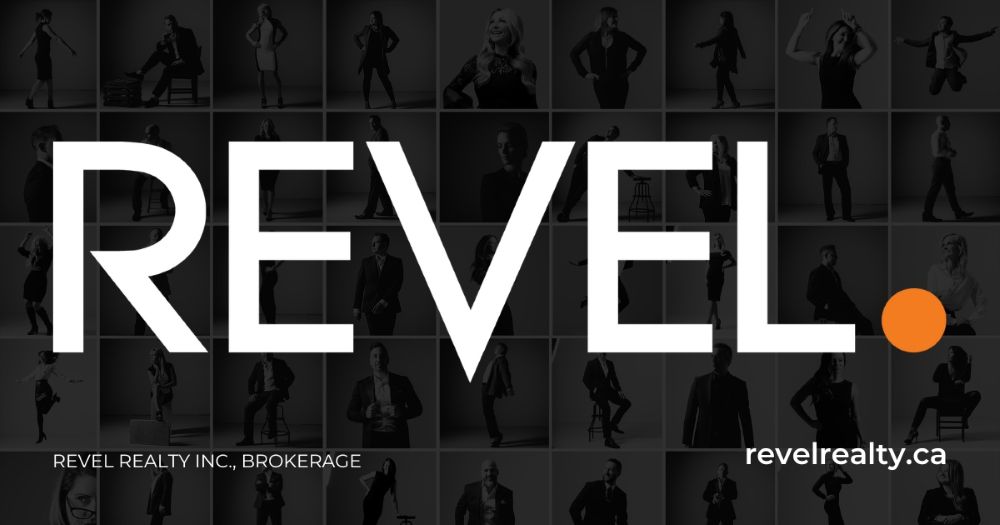Ethics is a cornerstone of the real estate profession, but the question of authority—who decides what is ethical?—is one that continues to challenge us. As professionals held to high ethical standards, we must ask: Who determines these standards, and what gives them legitimacy?
This topic came to the forefront for me recently while reading Ayn Rand, a thinker known for her sharp intellect and polarizing ideas. Whether one agrees or disagrees with her, her work prompts critical reflection. In an essay titled ‘Who is the final authority in ethics?’, Rand explores this very question in a broader context. It’s a discussion that resonates deeply within our industry, where ethical decisions are not just theoretical—they shape our daily interactions and professional conduct.
What process guides your ethical decision-making?
Before continuing, my question to you is, what process do you follow in your ethical decision-making? Take a few minutes and ponder what your thoughts are, who or what you think is the final authority in real estate ethics and why, because my ultimate answer may surprise you.
This question cuts across all of human history and will likely never be ultimately resolved to everyone’s satisfaction; I must leave these deeper questions out of today’s discussion, but let me start with a personal example and a point of view that will delve into the controversy somewhat.
While I’ve never been in this situation, I have an issue with an Alberta regulation.
Alberta’s rule surrounding personal real estate trades
Wild Rose Country has a rule for Realtors surrounding personal real estate trades; it requires industry members who wish to purchase a property from a person who has chosen to represent themselves to disclose to that person any contemplated future trade of that property and anything we know that could affect the value of that property—so I must tell them they underpriced the property.
This rule was brought in at a time when agents themselves were buying and selling a lot of real estate. I completely understand why it was brought in as we have market knowledge the average person doesn’t but I find no ethical justification for it in most markets.
The seller has chosen as an adult and of their own free will to represent themselves for the express purpose of saving my fees yet I must provide the most valuable service I can offer—for free.
What are your thoughts? Do you have an ethical issue that you question?
My truths and your truths
Given that we have a personal interest in this issue, the first point of view we must consider is our own.
Are each one of us individually our own final authorities on ethics? What’s right and good for me is my decision and what’s right and good for you is your decision—and we may both have different views on ethics. My truths and your truths. Before reading further, toss this around for a few minutes and see what you think.
This is a combination of two closely interrelated ideologies; relativism and subjectivism. Relativism suggests that there are no objective values or truths; all truths are relative to time and place. Subjectivism suggests that all values are subjective, a matter of personal opinion.
While there are arguments to be made for both of these points of view, and they are gaining some popularity, as a worldview they break down.
Popularity often wins but it wins by brute force, not by good arguments. In the end, we are asking to rule by our personal whims. I reject them both categorically.
This quickly leads to anarchy and degradation of society. While many of us make good value judgements, our prisons are full of people who didn’t and more still are walking the streets after having paid fines for lesser violations.
“Organizations are human endeavours and are subject to human failings.”
We also see real estate organizations claiming to be authorities on ethics. This is a powerful claim—to be the authority on ethics for an industry. These organizations must also answer the question: says who?
Organizations are human endeavours and are subject to human failings. If it hires unethical management, its whole claim to ethical authority is undermined. I’ve seen it happen, we all have. Authority is not something we claim, it is something we earn, and still, the question must be answered, says who?
That said, we do have real estate organizations with legitimate claims to being the authority on ethics—namely, our regulatory bodies, but they gain their authority by legislation, not by any proof of ethical superiority and so, their rules must also be subjected to the question, says who? We must legally obey their ethical proclamations but it is also our ethical (and legal) duty to respectfully question their ethical proclamations; they are proven wrong from time to time.
All theories on ethics must pass the test of reason and reality
So, if all of these are not the final authority on ethics, who is? According to Ayn Rand, nobody. Nobody is the final authority. Reason is the final authority and we must subject ourselves to reason. Objective reason is the only way we will ever find common ground; feelings and subjective urges will never provide us with that common ground. All theories on ethics must pass the test of reason and reality—whoever can prove their theories in the real world is correct.
This will be argued forever but I believe she was on to something. So, is Alberta’s rule surrounding personal real estate trades ethical? Do you have any other personal examples? Have you reasoned them through? Again, I ask, what process do you follow in your ethical decision-making?

Gerald has been a licensed real estate agent for thirty years and an industry instructor for over twenty. He has served on several committees with the Realtors Association of Edmonton and on the Board of the Real Estate Institute of Canada (REIC) Edmonton chapter. He is also an ethics instructor for REIC nationally and enjoys family, various sports, and the outdoors. Check out his popular real estate podcast The Real World of Real Estate here.
















Profess (the root of Professional) means to take a vow.
What vow do we take?
What’s the penalty for breaking that vow?
My personal example is a REALTOR® who told me that his client was on motorcycle vacation and could not be reached (which I believe he was), but would sign the amendment when he returned even though the irrevocable was running out, only to then bring his own competing offer. I’m sure he thought he was being ethical by getting more money for his seller client. The lesson was “If it’s not on paper it doesn’t exist. My clients did get the property, but paid a lot more to do so, and I reimbursed them, so it wasn’t fun.
In my life experience, whenever a body deemed to be the “authority” (often government) introduces a new piece of legislation and associated regulations, thousands of people put their minds to work figuring out how to circumvent, manipulate, and or maneuvre around or through these regulations to create an advanatge over others for themselves or their clients. It’s an ongoing process, and it depends greatly on the wording of the ruling documentation. It’s all about communication. What actions prompted the legislation in the first place and how are the regulations expected to manage or control future actions.
I been iknvolved in real estate association MLS® rules for about 25 years, and one of things that keeps me coming back is the work with others to imagine how someone is going be creative and find a way to abuse a new or modified rule. It’s challenging work, but it impacts the life of everyone involved, clearly some more than others.
The old adage “do unto others as you would have them do unto you” would seem to be a good start to judge whether something can to deeemd to be ethical, but we all know people in this business that operate on the principle that “anything I can do to put bread on the table and money in my pocket is fine with me”.
It’s up to each of us to understand the person we are working/negotiating with and determine how to achieve the best result for our client.
Great comment “Do unto others as you would have them do unto you”
Establishing ethical practices or expectations can be challenging, particularly when there is confusion regarding the regulator’s source of definition. Ethics may be influenced by moral codes, leading to overlap in definitions. A notable example is the ethical framework in Alberta regarding self-representation by a seller in real estate transactions. Here, individuals face the challenge of exercising their right to make independent decisions while professionals are bound by ethical obligations to provide advice, even when the seller has already made a decision. This raises concerns about overreach and intrusion by regulatory bodies, often referred to as the “ethics police,” into private business matters. Some argue that such interventions exceed the rightful responsibilities of professional organizations, venturing unnecessarily into the personal and business decisions of private individuals. What are the limited to intrusions. Where does it end.
Ethics runs ahead of the law. There’s a need to update or change the law because the law has fallen behind ethics.
Once something has become the law, it’s not longer open for dispute or contention, unless otherwise permitted by the law.
There are many legal cases where the decision today made by the Supreme Court of Canada would be different from a recent case in Small Claims Court following existing laws. Unfortunately, it takes decades and decades to make these changes>
However, statutory laws can change rather quickly. Disclosure of a potential flip is required in Ontario. That only applies to real estate agents. So, the end run is that the agent gives up practice and becomes a flipper.
I agree with you that ethically there’s no reason to punish agents, and ethically there’s no reason to reward a Self-represented Seller with the Buyer’s knowledge for free.
Interesting article… Interesting perspective… it would seem objectively fair that if an adult of sane mind and without inappropriate influence elects to proceed in a real estate transaction as a self-represented party (as defined by the Real Estate Council of Ontario) without the guidance or advice from a legal or a real estate professional then why should the consumer buyer who happens to be a licensed real estate person be held to a higher level of disclosure when a non-licensed consumer with experience and skill in the development business not be held to the same elevated standard of disclosure. Perhaps something to be pondered by the powers to be…
Superb comments, everyone, great food for thought. Thank you very much.
Lyle, you made a very astute point there, “Do unto others as you would have them do unto you.”
Virtually every, if not every, major religion has this in one form or another as a major tenet of how to live one’s life.